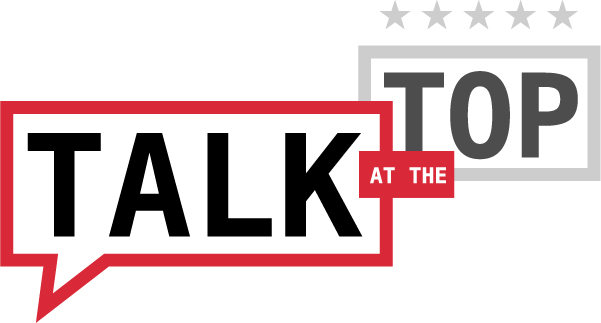Podcast with Dr Abdullah Al-Bahrani
Why do social scientists need editors?
Standard Error founder Samantha Eyler-Driscoll sits down with Dr. Abdullah Al-Bahrani of “Econ with Dr. A” to discuss the company’s mission and how academic editors work to improve scientific papers.
In honor of Women’s History Month, Dr. Abdullah Al-Bahrani of the “Econ with Dr. A” content brand hosted a video podcast episode with Samantha Eyler-Driscoll, founder of Standard Error Research Editors.
For almost 45 minutes, they discussed a variety of topics, ranging from the role of scientific editing in the research process and the opportunities and challenges of founding a company to inclusion and diversity in economics.
You can view the full episode on YouTube.
Interview highlights
Who needs an editor?
Samantha notes that everyone needs an editor: Academic editors can help both native and nonnative speakers of English improve their scientific papers. However, while every publication can benefit from editorial expertise, nonnative speakers often see high value added in having the support of an editor.
Editors do not replace the voice of authors. Instead, editors magnify the voice of authors, helping researchers craft the best possible version of their paper.
Is using the services of an editor cheating?
This is a fascinating question asked by Dr. Al-Bahrani.
The answer is no: hiring an editor is not cheating. Editors can help level the playing field and reduce arbitrary barriers that prevent talented researchers and excellent research from receiving the attention they deserve.
How can editing help break down academic barriers for minority researchers?
Samantha underscores her acute awareness, shaped by her long experience as an economics editor, that marginalized people face unique barriers in academic publishing. By providing the same quality of service for all researchers regardless of background and institutional affiliation, academic editors can help reduce the burden of the hidden curriculum, especially for minority researchers. Nonnative English speakers and researchers based in the Global South seeking to publish in English may especially benefit from editorial support.
As a result, Standard Error Research Editors has a strong commitment to supporting researchers who are women and/or from historically marginalized groups and is especially concerned with maintaining accessible rates and cultivating space for students and researchers from the Global South.
What product does Standard Error Research Editors offer?
The academic editors at Standard Error offer preprint-level manuscript editing for quantitative social science research, including academic and policy research in economics. Standard Error works with institutions (through long-term subscription packages) and individual researchers (based on availability).
You can learn more about Standard Error’s product here. You can contact Samantha here.
The opportunities and challenges of founding a company
Samantha founded Standard Error Research Editors as a boutique editing outfit to satisfy the growing demand for research editing with a higher level of disciplinary expertise than that offered by global academic editing brands. Hiring an editor who is knowledgeable in the researcher’s own field has a powerful multiplier effect on the value added from the editing. Samantha has, in turn, assembled a team of top social science editors with the goal of filling this gap in the market.
Samantha also discusses the challenges that come with founding and running an independent company. As founder, she oversees a variety of administrative, legal, and accounting tasks in addition to serving as lead editor, covering a variety of editing assignments and supporting and cultivating the talents of the rest of the Standard Error team.
Supporting women in economics
The episode also touches on the well-studied problem of inclusivity in economics. Many women leave the field, in a phenomenon called the leaky pipeline.
Samantha notes that effectively supporting women in economics requires listening to women, especially when they have dissenting opinions to share. It also requires sharing power and using power to dismantle arbitrary barriers.
Nonscientific careers in economics
Samantha is not a researcher herself. But thanks to her editing work, she has been contributing to the field of economics for almost 15 years. Her career shows that contributing to economics can take a variety of forms—which Dr. A points out can encourage students of economics to think broadly about the shape of their own contribution.


